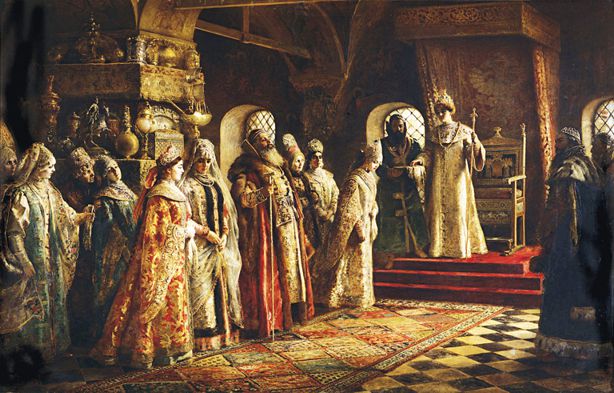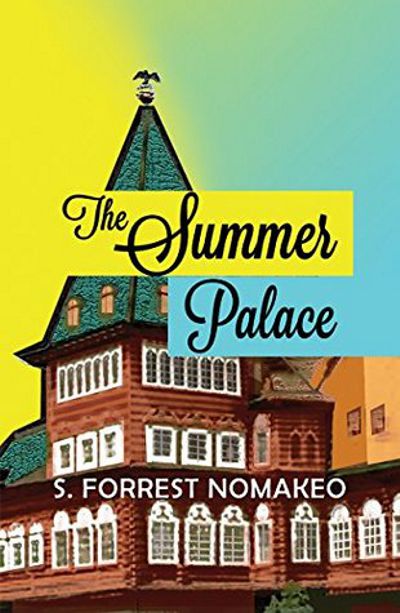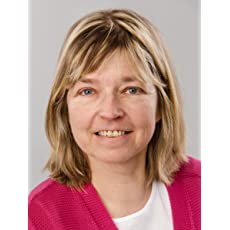
I first came across the idea for my novel The Summer Palace while conducting research for another project. The terem concept was skimmed over at first. I took note of it and planted it in the back of my mind. The seed of interest, however, started to grow and I had to learn more about the intentional seclusion of women.
The Summer Palace is a Historical Fiction based on one of the terem systems that existed in 17th Century Russia. The fact is that some women, in the stricter tradition, did live in utter seclusion and when allowed outside, on rare occasions (ceremonies, services, etc.), they were covered head to toe. No potential suitor could set their eyes on them. There could be no infiltration of outside influence in the hierarchy of Royal descendancy. The fiction in my story is the people and the circumstances in which they lived.
Another fact addressed in this story, is the bride-show a viewing of eligible women, a potential wife, in front of a tsarevitch, prince, or high nobleman. Tsar Alexis I found his first wife in this manner. The prospective groom simply picked the woman that appealed to him. However, the dowries of these women and their family status were also a consideration. The fiction, again, in this story, is the women involved in the selection and their musings about the entire affair.
I imagined putting myself in their shoes. That is where I found the passion to write this story. Could a Twenty-First Century woman go there? I worked on the premise that these young woman followed the tradition of their parents, but what if some did not? What about the rebels who wouldn’t fit the mould?
Despite this attitude toward women, one woman did rise to power in Russia. Due to her indomitable spirit and refusal to deny her birthright, Sophia Alekseyevna Romanova ruled Russia from 1682-1689; until, her half-brother, Peter the Great, came of age. Subsequently after his rule, women sat on the throne of Russia for another 76 years and the terem in Russia was no more. That real life woman’s accomplishments, despite how tragic the process, was the basis for my protagonist in this story. Katia Ulenka was able to realize a dream, pursue it, and free herself of a predictable life. Her foil, her father’s wife, much like the stepmother figure from another fairy tale, was the inspiration and catalyst that set Katia forth on her adventure to the eastern steppes of the Ukraine.
There is very little written about these woman who lived a life of complete anonymity. Birth dates, death dates are known, but not much in between. For the purposes of the story some of these imagined characteristics were spread amongst several characters resulting in a four book series that covers most of Europe.

The Summer Palace was a result of research from two previous novels. My first novel, still a WIP, was the inspiration to read Peter The Great: His Life and Times by Robert K. Massie. That directly lead to The Tea Room self-published in February 2020 which was the precursor to The Summer Palace. I delved into the notion of the terem and other traditions that interested me. The real life tsarevnas of the Romanov family lived and breathed the same air as their famous brothers but little is known about them. The Tea Room is a Historical Fantasy about the Royal Family while The Summer Palace is written about a less structured terem system amidst the turmoil of the Russian Enlightenment.
From this a love story was contrived capitalizing on another little known fact about Russia. In 1640 during the reign of Tsar Michael I, European’s were invited to live in Russia to train the unenlightened nation in the ways of modernization in all facets of life. The New German Quarter was established for these military experts and artisans to live, and that is where Peter the Great escaped after the 1682 military coup led by his half-sister Sophia. He spent much of his adolescence building friendships and learning skills that later transformed Russia into a dominant force in Europe. This secular vision didn’t set well with the patriarch and boyar duma, ruling body, and caused many internal struggles. I think the fascination I have with this exceptional time in history and the inherent rich Russian tradition makes it an interesting read. As someone who loves history and knew very little about this time and place, I was lost in the learning and thought if I found such value in this, so would others.
Amazon: https://amzn.to/31k8YP2
Audible: https://adbl.co/3dP6i1b

Connect with S. Forrest Nomakeo
Amazon Author Page: https://amzn.to/2FDnMAG
Webpage: http://www.sforrestnomakeo.com
Facebook: https://www.facebook.com/shirley.nomakeo
Twitter: https://twitter.com/SForrestNomakeo